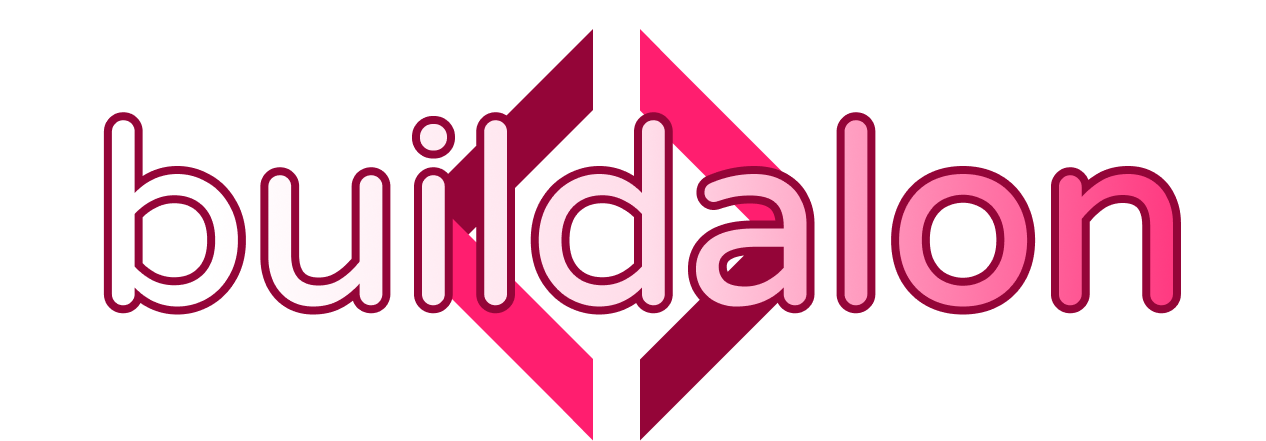Buildalon Workflows
Workflows in Buildalon are automated sequences you defint to build, test, and deploy your Unity projects. Buildalon uses GitHub Actions to define these workflows, and you should read the GitHub Actions documentation to understand the basics of how they work.
Workflows are defind as YAML files with the .yml extension, and are stored in the .github/workflows directory of your repository.
The easiest way to get started with Buildalon is to use the Get Started page to generate your workflow. This will create a basic workflow that you can customize to fit your needs.
Triggers
Workflows in Buildalon are initiated by triggers—events like code pushes, pull requests, or scheduled jobs. Each trigger helps automate specific points in your development process. See the Triggers page for more information.
Jobs and Steps
Workflows are structured into Jobs, which are composed of Steps:
- Jobs: Define all the work to execute in sequence on a runner. A runner is selected based on the runner label.
- Actions: Pre-defined tasks that you can perform. You can use our Buildalon Actions, or choose from thousands of community-contributed actions on the GitHub Marketplace.
- Steps: The individual actions within each job, such as building, testing, or deploying. Steps execute each part of a job and run in sequence.
Runner Labels
You select which build machine (runner) to run each job by specifying a build label.
- Use your Buildalon Cloud Runner by using the label that you see on your account page
- Examples:
buildalon-windows,buildalon-macos,buildalon-ubuntu.
- Examples:
- Alternatively, you can use a GitHub runner label, but these will be much slower, since the Unity installation and the build artifacts are not cached.
- You can set up a self-host your own runner. If you need help you setting up your on-prem runners, see our Buildalon Booster Pack.
Next Steps
- Triggers: Set up triggers to start workflows automatically.
- Build Unity: Set up automated builds for your Unity project.
- Buildalon Actions: Explore the actions available to use in your workflows.
- Unit Testing: Automate unit testing to ensure stability and quality.
- Deploy to Stores: Add deployment steps to distribute your app to users.
- Dependencies: Learn what to do if your project depends on other private packages or repositories.

